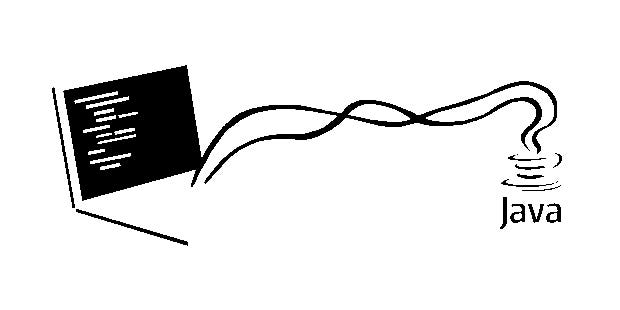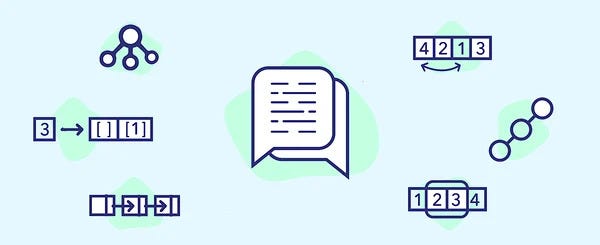Java vs. C#: Key Distinctions You Should Know
Written on
Understanding Java and C#: An Overview
Java and C# are both prominent programming languages utilized in software development. Despite their object-oriented foundations and shared influences from C++, they possess unique characteristics and design philosophies.

When it comes to selecting the ideal language for a project, grasping the differences between Java and C# is vital for developers. This article will delve into five primary distinctions to assist you in making an informed choice.
Platform and Ecosystem
A key difference between Java and C# pertains to their platforms and ecosystems. Java is designed to be platform-independent, adhering to the “write once, run anywhere” (WORA) principle. Java code compiles into bytecode executable on any system equipped with the Java Virtual Machine (JVM), granting Java applications remarkable portability.
In contrast, C# is closely linked to Microsoft's .NET framework. Although advancements like .NET Core and .NET 5+ have introduced some cross-platform capabilities, C# was primarily created for Windows applications. Its optimization for Windows environments makes it particularly suitable for developing desktop applications and Microsoft-focused solutions.
Language Syntax and Unique Features
While Java and C# share a similar syntax rooted in C++, they have diverged significantly in their features. Java tends to have a more verbose syntax; for example, the entry point in Java is defined as “public static void main(String[] args)” compared to C#’s more concise “public static void Main(string[] args)”.
Additionally, C# incorporates features like properties, events, and delegates that enhance code readability and simplify implementation. Conversely, Java employs checked exceptions, necessitating explicit exception handling, whereas C# utilizes unchecked exceptions, allowing for more flexible error management.

Memory Management Techniques
Another significant distinction lies in their memory management strategies. Java utilizes a garbage collector to automate memory management, effectively minimizing memory leaks and errors associated with manual handling, which contributes to the robustness of Java applications.
C#, on the other hand, also features a garbage collector but allows for manual memory management through "unsafe" code blocks and pointers. While this provides greater control in specific scenarios, it can lead to potential memory leaks and unsafe operations if not handled carefully.
Inheritance Models: Multiple Inheritance vs. Interfaces
Java and C# differ in their treatment of inheritance. Java permits classes to implement multiple interfaces but does not allow multiple inheritance for classes, meaning a Java class can only extend one other class. Developers often rely on interfaces to simulate multiple inheritance.
C#, however, supports both multiple inheritance and interfaces. A C# class can inherit from one base class while implementing several interfaces. Although this capability can be beneficial, it necessitates careful design to avoid ambiguity and maintain code clarity.

Development Environments: A Comparative Look
The Integrated Development Environments (IDEs) used for Java and C# development also differ significantly. Eclipse is the most popular IDE for Java, followed closely by IntelliJ IDEA and NetBeans. Eclipse, being open-source, offers a comprehensive suite of tools for Java development, including code editing and debugging.
Conversely, C# development is predominantly associated with Microsoft’s Visual Studio IDE, known for its rich features and support for various .NET languages. Visual Studio provides advanced debugging options and robust code analysis tools, making it a powerful choice for developers.
Conclusion: Choosing the Right Language
Java and C# are both robust and versatile programming languages that have greatly influenced modern software development. Understanding their differences is crucial in selecting the right language for specific projects. Factors such as platform independence, association with the .NET framework, language syntax, memory management, and inheritance models are essential considerations. Ultimately, the decision between Java and C# will depend on project requirements, target platforms, and the development team's preferences.
